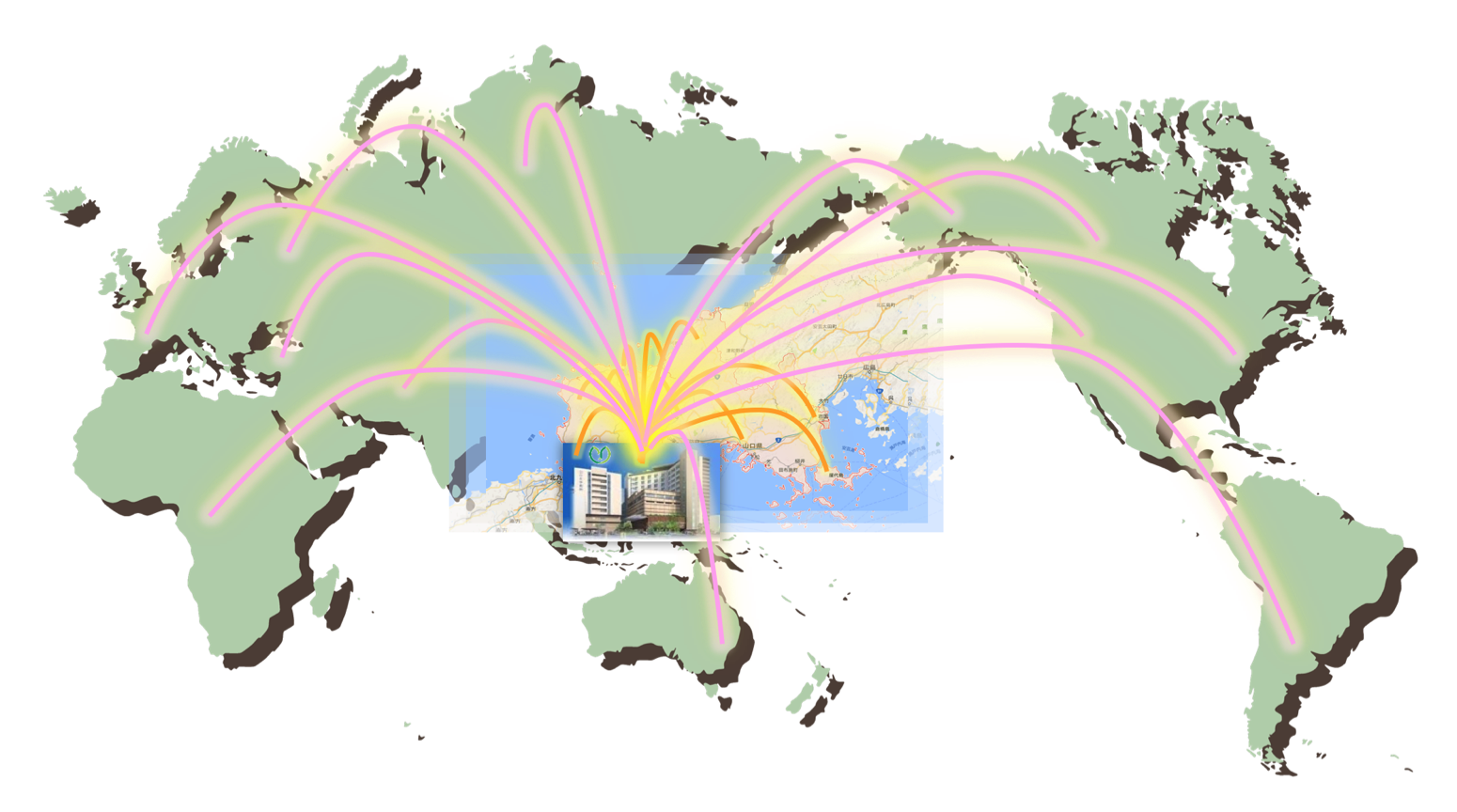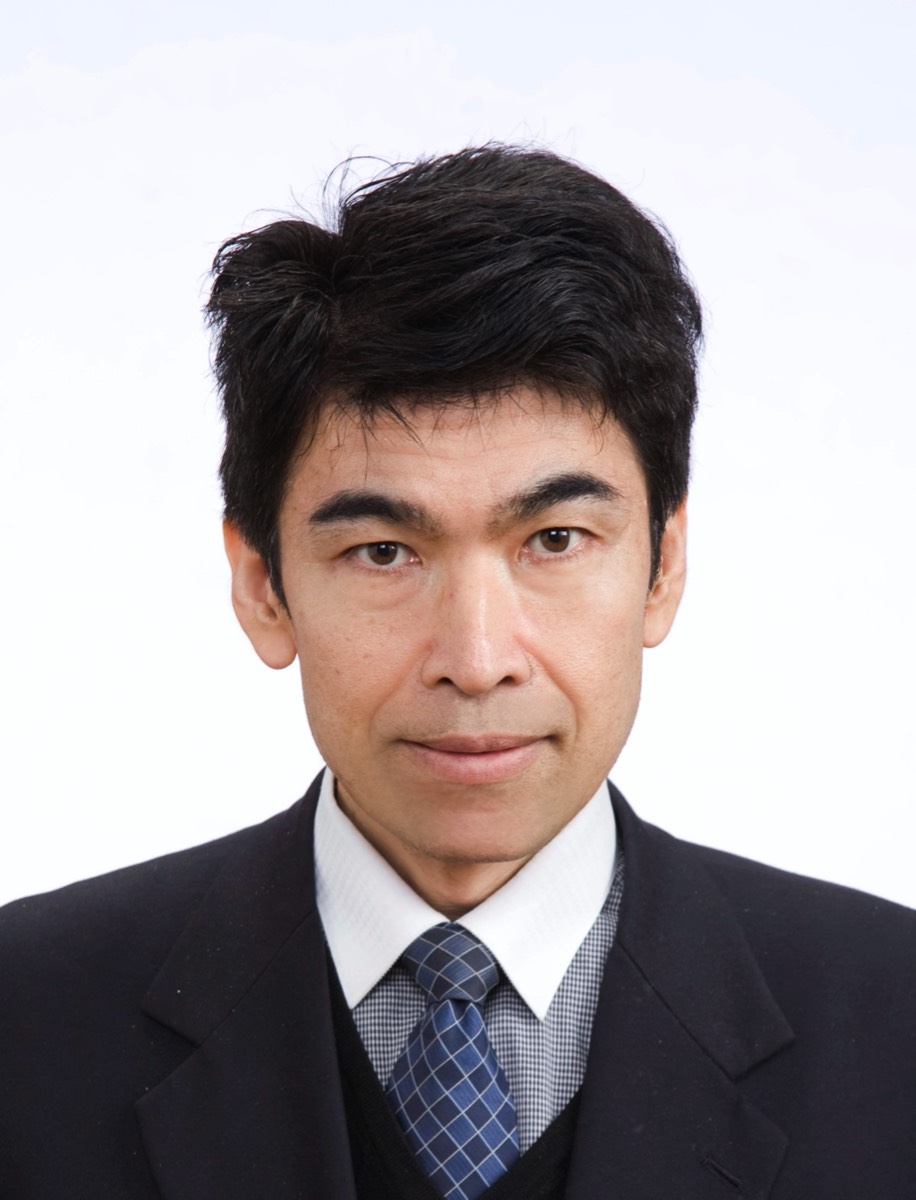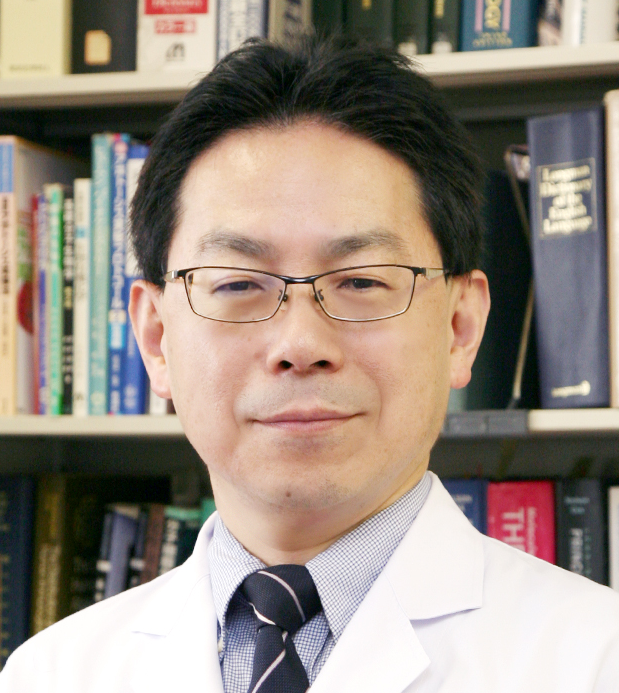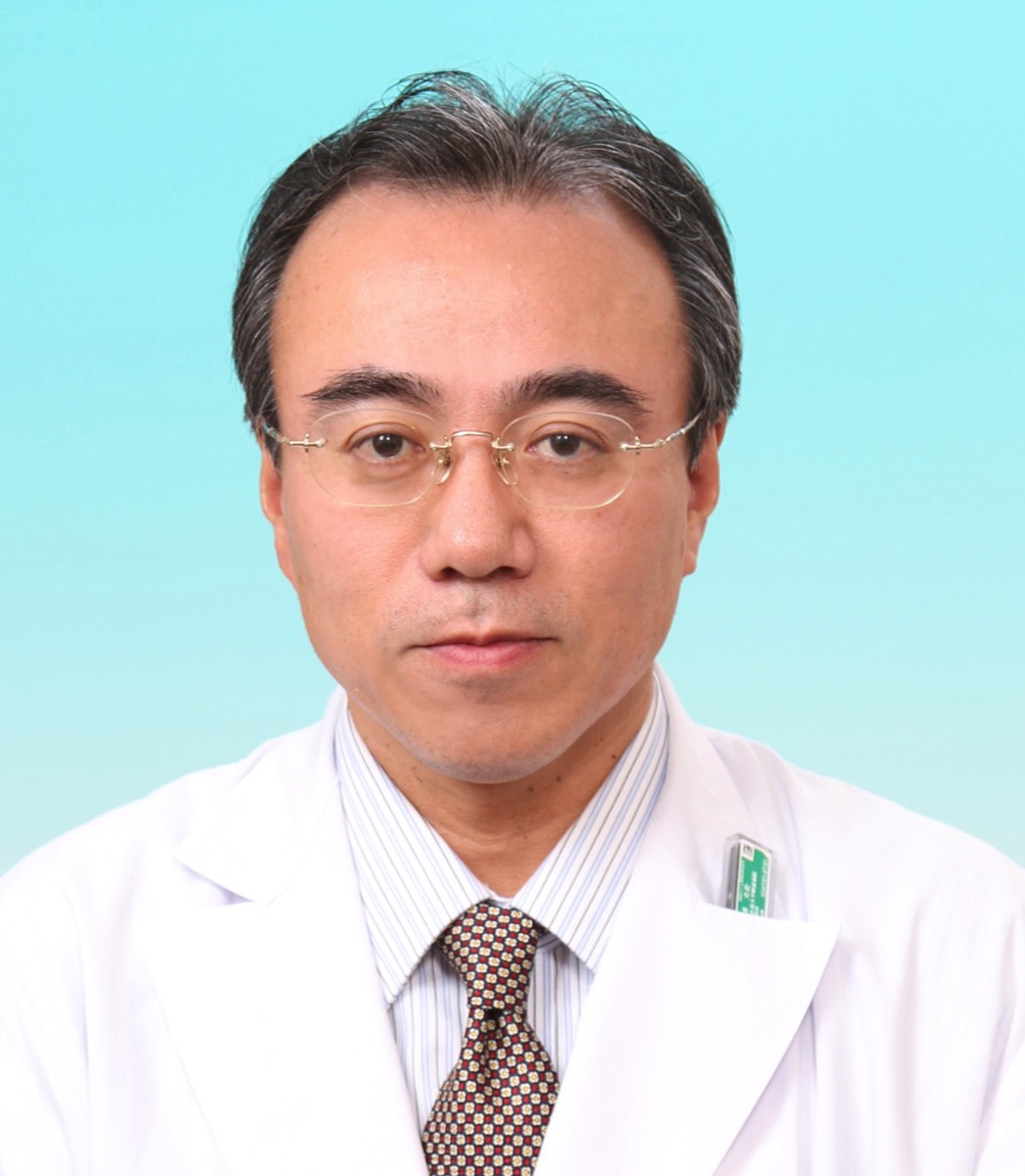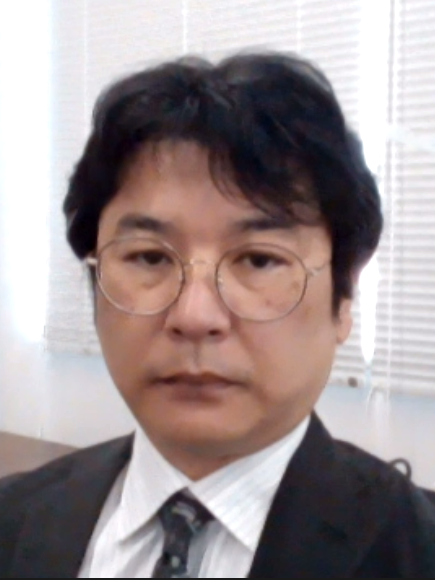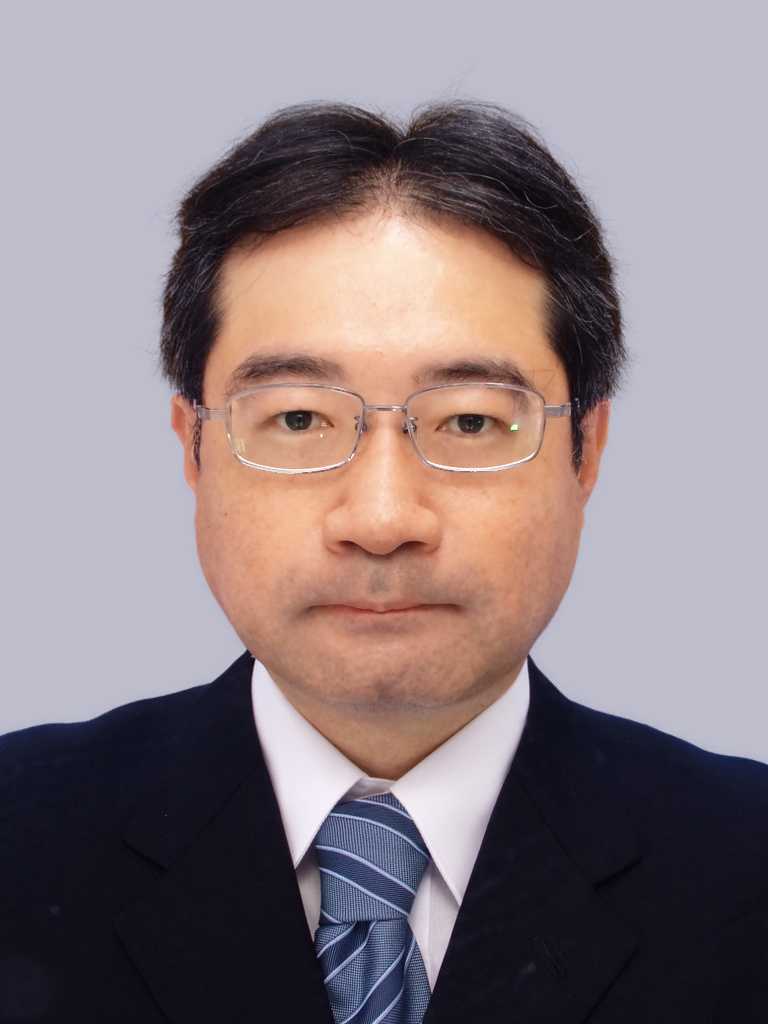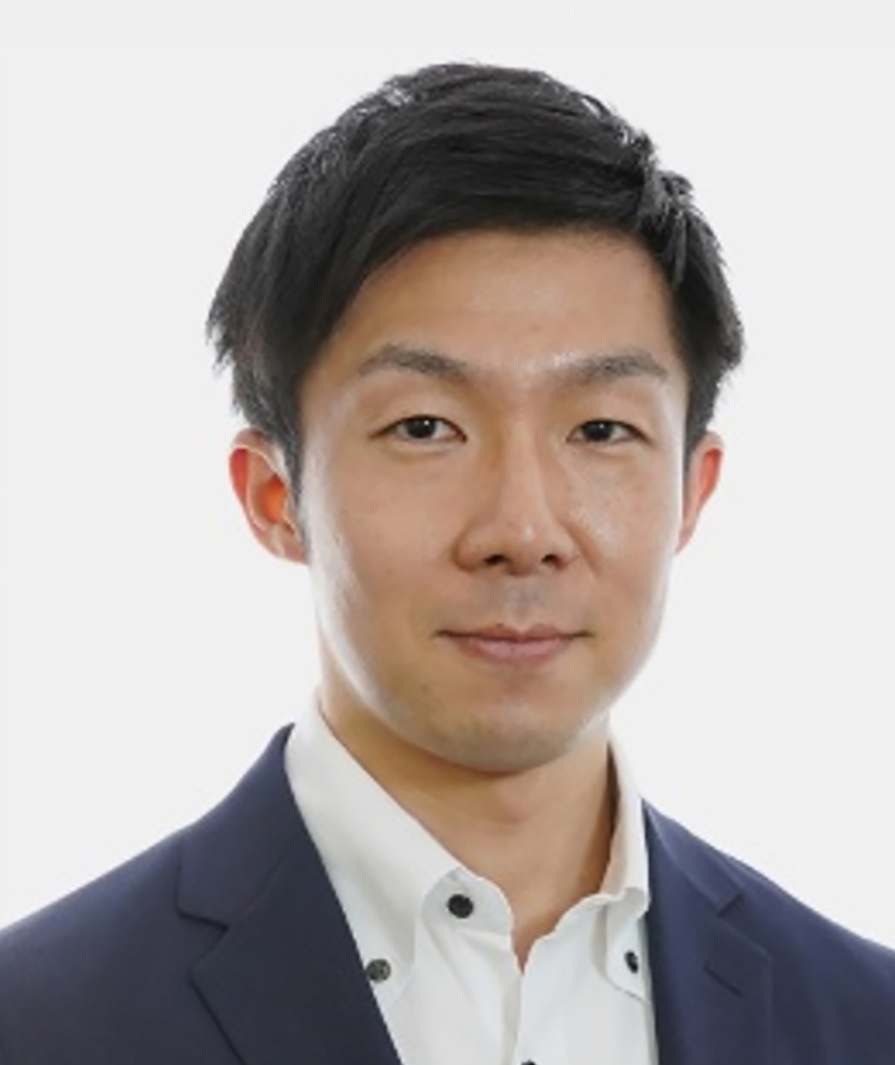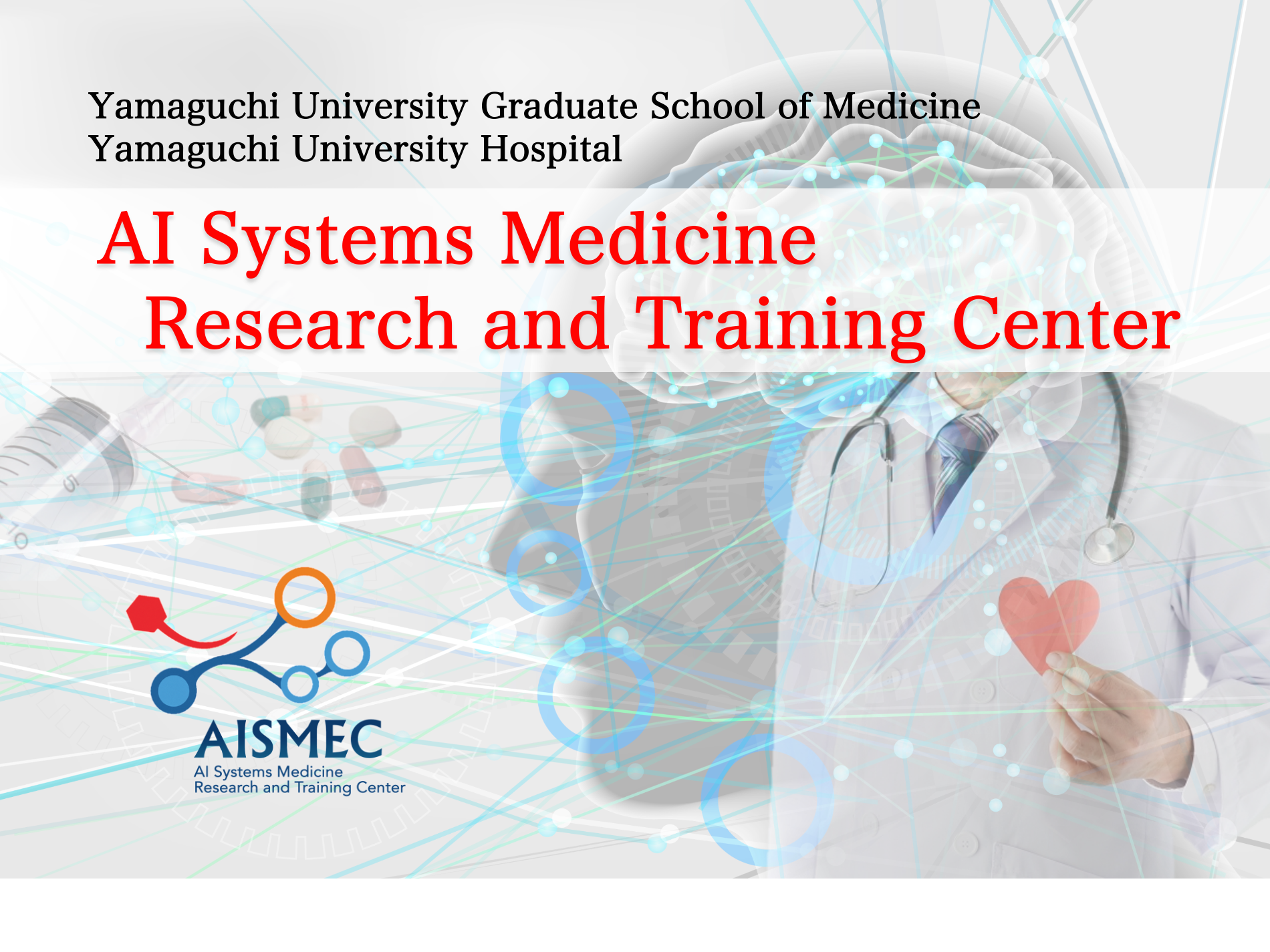

In 2018, the Center for AI Systems Medicine and Medical Research and Education, which promotes both AI and systems biology, was established at the Graduate School of Medicine and the School of Medicine. From this Center, we will communicate the importance of educating future data science physicians, and establish and share our know-how, thereby contributing to increasing the competitiveness of data science physicians in our country. At the same time, we will activate the development of medical AI technology in medicine and healthcare. Current medical AI can be applied to early and highly accurate diagnosis, but this alone is not sufficient to elucidate disease mechanisms. A deeper understanding of the physiological phenomenon of disease is necessary to develop new treatments and new drugs. By analyzing the dynamics of physiological functions from the perspective of systems biology, we can deepen our understanding from a new angle, focusing on the dynamics of the disease system. The Center also emphasizes the importance of systems biology in the education of data science physicians. The Center also emphasizes the importance of systems biology in the training of data science physicians, and raises the level of training for data science physicians in Japan.
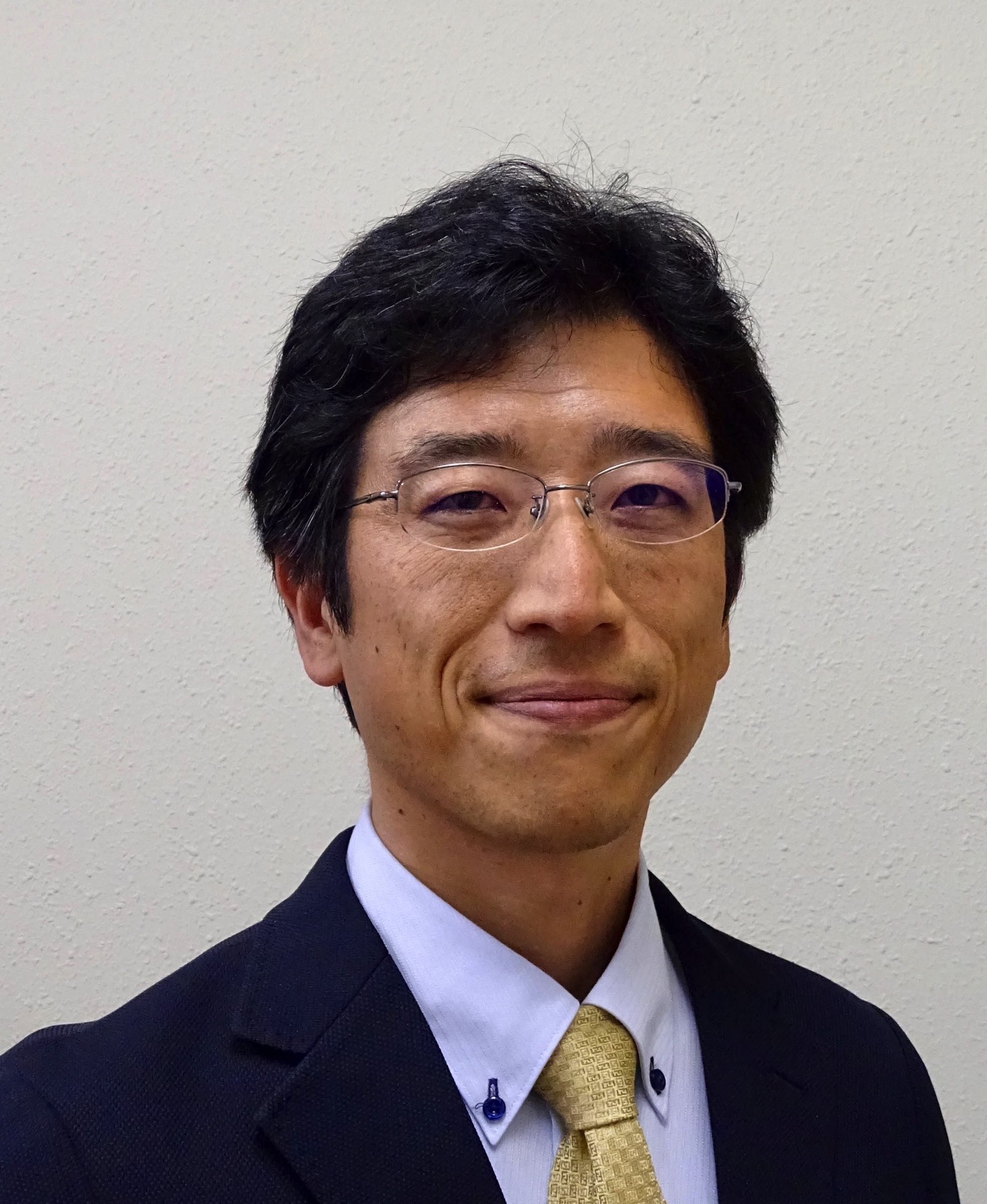
Recent years have seen remarkable developments in artificial intelligence (AI) and systems biology, which have already begun to be applied to the field of medicine. COVID-19 is expected to be the driving force behind a major change in the way medicine is practiced. The risk of infection to medical staff in the field of medicine is becoming increasingly apparent, and the introduction of new systems such as AI and robotics will be one of the forces that will protect the medical system. We are determined to contribute to the development of technologies that will support the next generation of medical care in the midst of this trend. The Center for AI System Medicine and Medical Research and Education was established in April 2018 at the Yamaguchi University Graduate School of Medicine and the Faculty of Medicine Hospital as the nation's first center for the practical introduction of AI technology into basic medicine and clinical medicine (medical care). In parallel with the AI-based data-driven approach, the center will also adopt a model-driven approach based on systems biology, which deepens our understanding of biological functions as a single system. In addition to research, we also promote education aimed at fostering information-based physicians who can make full use of AI technology in medicine and medical care. Translated with DeepL.com (free version)
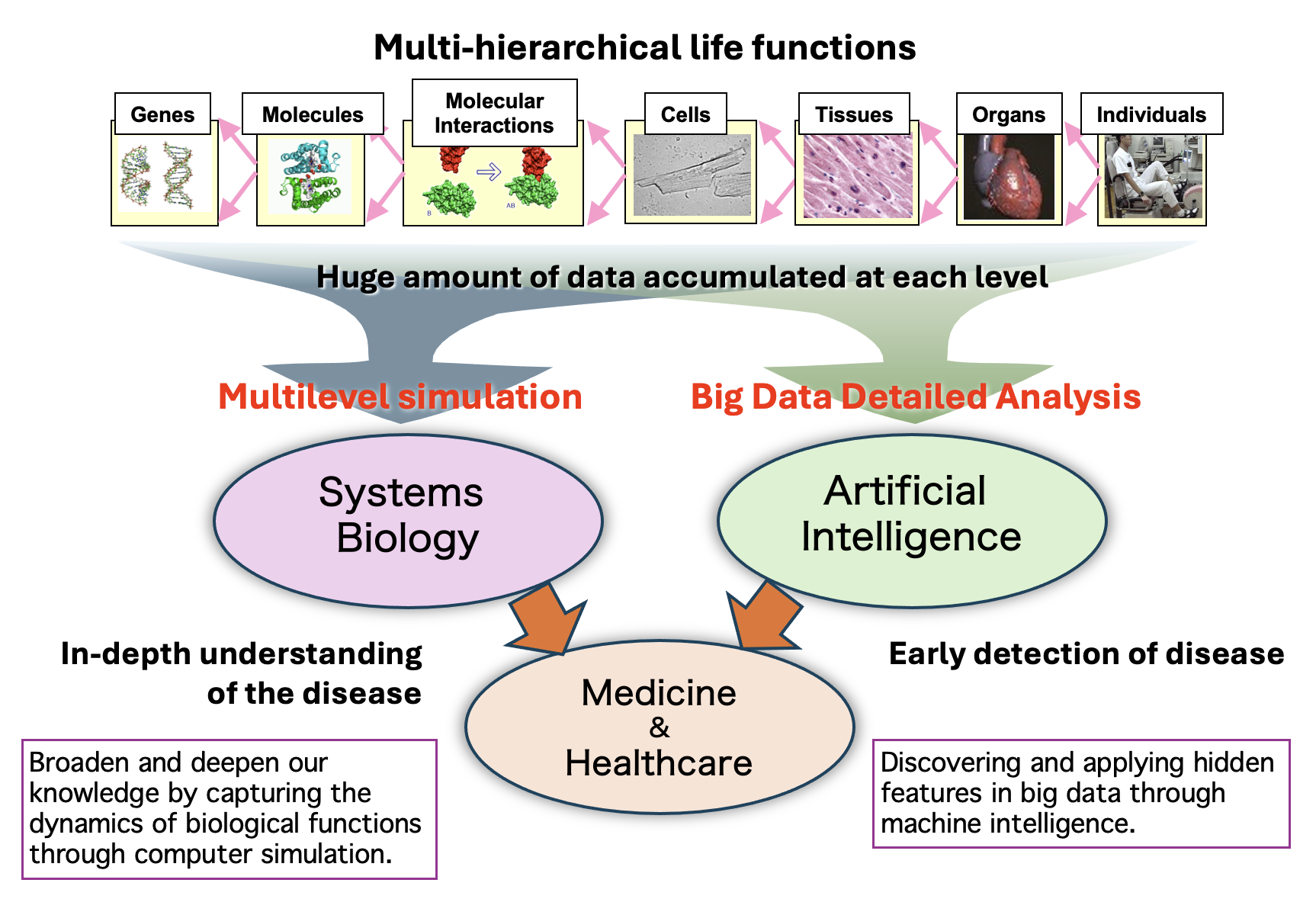
The establishment of a center to promote both AI and systems biology at the Graduate School of Medicine and the Hospital is an extremely advanced initiative. The center will communicate the importance of education for future data science physicians, and establish and share know-how to enhance the competitiveness of data science physicians in Japan. At the same time, by presenting successful examples of medical AI in medicine and healthcare, we will stimulate the development of medical AI technology from engineering. Current medical AI can be applied to early and highly accurate diagnosis, but it is not sufficient for elucidating disease mechanisms. A deep understanding of the physiological phenomenon of disease is necessary to develop new treatments and new drugs. Analysis from the systems biology perspective allows us to deepen our understanding from a new angle, focusing on the dynamics of the disease system. The Center will raise the level of data science physician training in Japan by emphasizing the importance of systems biology in the training of data science physicians, and by promoting its widespread use in education. By fully utilizing data that has been accumulated but not fully utilized up to now, and by building an AI system to support medical treatment, we will be able to provide medical care with unprecedented precision, such as preventive intervention based on early predictive diagnosis and the development and implementation of treatment methods for intractable diseases. The basic research will be supported by new findings. For basic research, it will encourage the discovery of previously unknown new findings and improve research competitiveness by stimulating translational research and creating new drugs and new therapeutic technologies. It is said that the quality of AI systems will have a significant impact on the evaluation of hospital quality in the future. By educating and exposing students to such influential technology from their undergraduate years, Yamaguchi University will be able to produce leaders in systems medicine and medical AI who will make full use of this technology in the future.
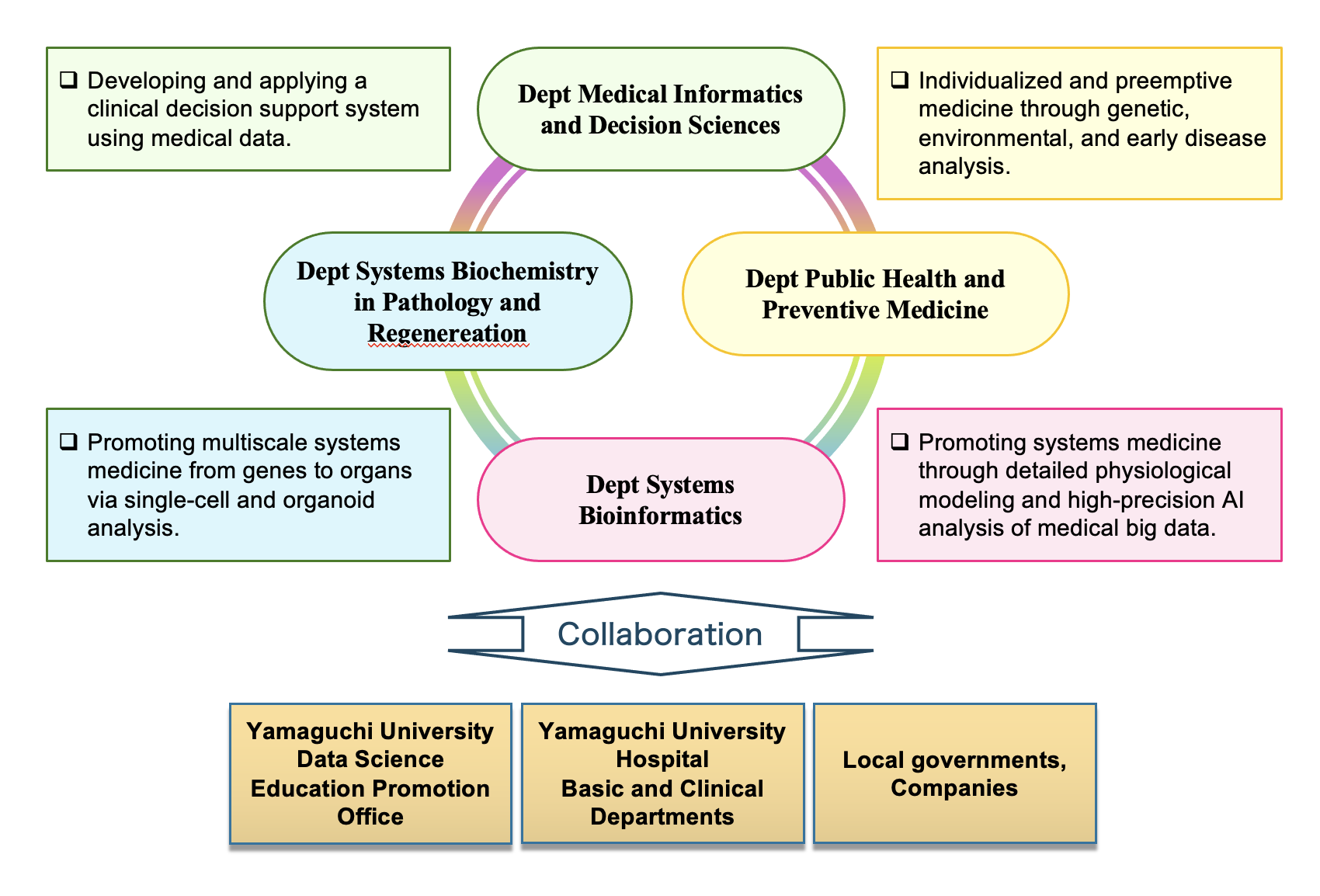
The AI System Medical Research and Education Center will integrate the technologies of the Yamaguchi University Graduate School of Medicine's Department of Systems Bioinformatics, Department of Medical Information Decision Making, Department of Public Health and Preventive Medicine, and Department of Systems Regenerative and Pathophysiological Medical Chemistry as its core to strengthen basic medical research capabilities, improve medical technology, and enhance medical data science education, and promote the development of human resources who will lead the future of information medicine. We will achieve this goal in collaboration with the clinical departments of Yamaguchi University Hospital, the basic departments of the Graduate School of Medicine, as well as with experts inside and outside the university. The Department of Systems Bioinformatics and the Department of Systems Regenerative and Pathophysiological Medicine and Chemistry will promote systems medicine from the aspects of both computing and experimentation, and will create new technologies for application to treatment and diagnosis, making full use of medical AI in addition to the above. The Department of Public Health and Preventive Medicine will promote personalized preventive medicine and preemptive medicine, while the Department of Medical Informatics and Decision Making will introduce these technologies into hospital systems to practice high-precision medicine in hospitals.
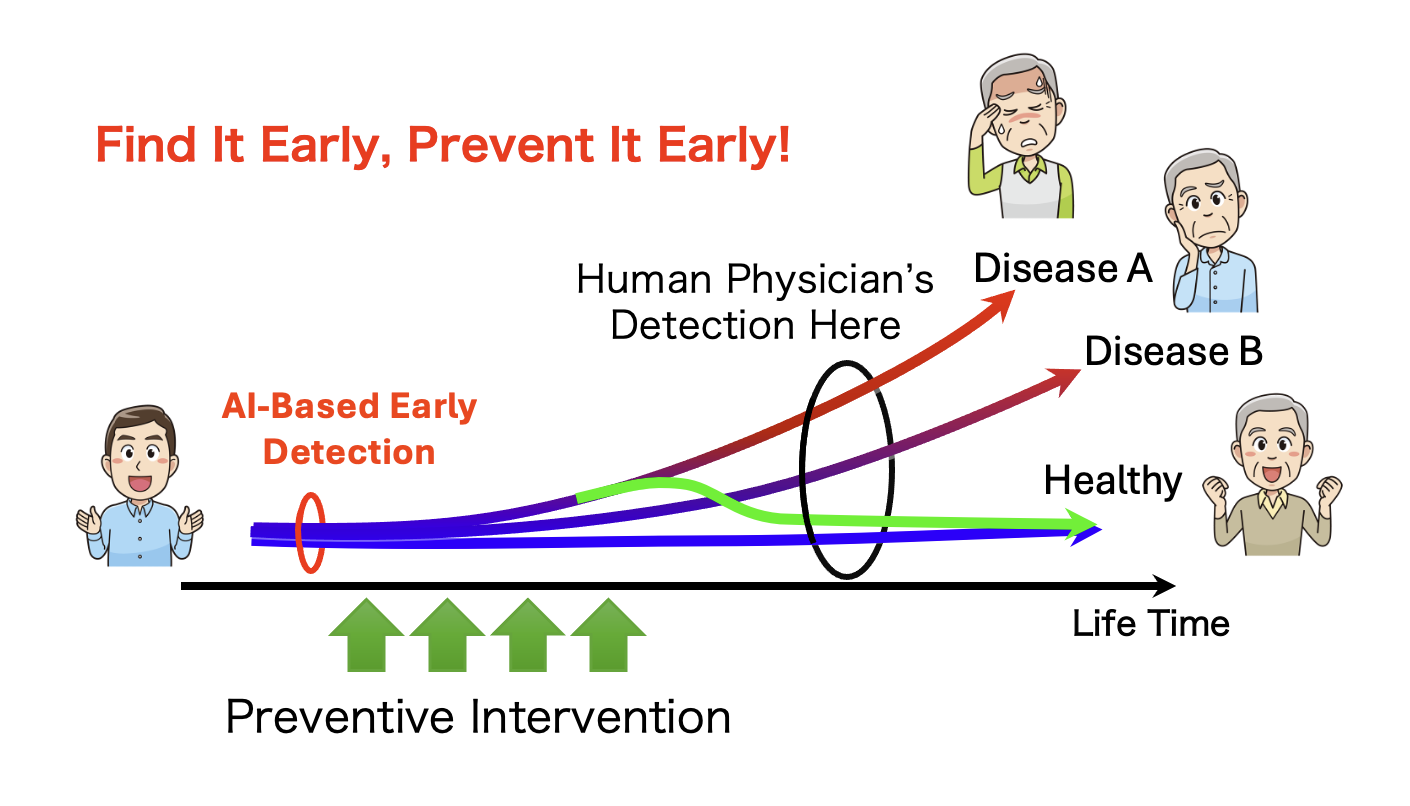
By integrating AI, machine learning, and systems biology technologies, we aim to strengthen basic medical research capabilities, improve medical technology, and secure future human resources for information-based physicians. Specifically, by fully utilizing data that has been accumulated but not fully utilized to date, and by building an AI system to support medical treatment, we will be able to provide unprecedentedly accurate medical care, such as preventive intervention based on early predictive diagnosis and the development and implementation of treatment methods for intractable diseases. By building an AI system to support medical treatment, it will be possible to provide medical care with unprecedented precision, such as preventive intervention based on early predictive diagnosis and the development and implementation of treatments for intractable diseases. For basic research, it will encourage the discovery of previously unknown new findings and improve research competitiveness by stimulating translational research and creating new drugs and new therapeutic technologies. It is said that the quality of AI systems will have a significant impact on the evaluation of hospital quality in the future. By educating and exposing students to such influential technology from their undergraduate years, Yamaguchi University will be able to produce human resources who will lead systems medicine and medical AI by making full use of this technology in the future. The research area of applying AI (Artificial Intelligence) and systems biology to medical treatment is still a highly challenging academic field from a global perspective. Our center will not only lead the world in individual research results, but will also deepen cooperation and technological exchange with other research centers around the world to mutually improve the level of our research. We plan to implement our research results in the form of software that anyone can easily use, and to deploy it clinically by introducing it into hospital systems. We will also provide the software to our collaborators to advance the research frontier. Our goal is to use the platform for personalized predictive medicine that we have built with our center and partner institutions to raise the level of medicine, medical care, and medical education in Yamaguchi Prefecture, and eventually to expand it throughout Japan and the world.
